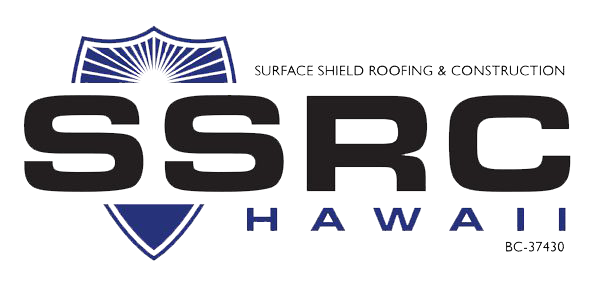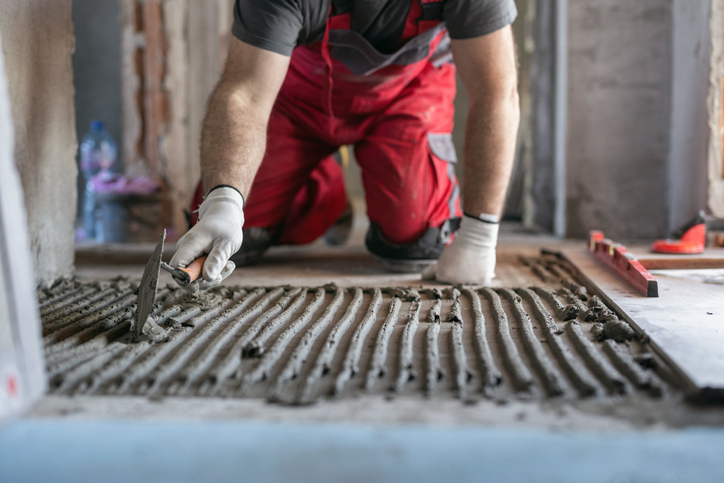Oahu, renowned for its stunning landscapes and vibrant urban areas, is also a hotbed for construction activity. With its dynamic real estate market and growing infrastructure needs, construction projects on the island are a major aspect of its development. If you’re considering a construction project in Oahu, here’s a guide on what to expect.
1. Planning and Permits
The first step in any construction project is planning and obtaining permits. Oahu’s projects must follow local zoning laws and building codes managed by Honolulu’s Department of Planning and Permitting (DPP). Make sure your project meets local requirements, including permits for roof installation. For roofing, consult local experts to comply with specific standards.
2. Choosing a Contractor
Look for licensed and insured roofing companies with experience handling the unique challenges of Oahu’s climate. Check references and past work to understand their reliability and quality. For specialized needs like metal roofing in Oahu or tile roofing in Honolulu, verify that the contractor has expertise in it.
3. Weather Considerations
Oahu’s weather can impact construction timelines, especially for roofing projects. The island’s frequent rain and high humidity can delay work. Roofing projects, such as flat roof repair or roof leak repair in Oahu, must account for these weather conditions. Contractors may implement measures to protect materials and keep the project on track. Flexible timelines and contingency plans are necessary to handle weather-related delays effectively.
4. Material and Labor Costs
Material costs can be higher due to shipping and availability. This is true for roofing materials as well. For instance, if you’re considering asphalt shingle or sustainable roofing in Oahu, be prepared for potentially higher costs. Labor costs are also elevated, reflecting the cost of living on the island. Prepare your budget with these costs in mind and collect multiple roofing estimates to achieve competitive rates.
5. Community and Environmental Impact
Oahu values the impact of the environment and community on construction. For roofing projects, consider energy-efficient or hurricane-resistant options to meet environmental goals and improve safety. Address community concerns for larger projects to streamline approvals and build positive relationships.
6. Project Management and Communication
Effective project management is key for meeting timelines and budgets. Maintain regular communication with your contractor to get timely updates and prompt issue resolution. This helps keep the project on schedule.
7. Inspections and Compliance
Various inspections will be required to confirm compliance with building codes and safety standards. These inspections will cover structural integrity, electrical systems, and plumbing. Passing these inspections is necessary for the project’s progress and final approval.
8. Finalizing the Project
Upon completion, a final inspection will verify everything meets regulatory requirements and project specifications. Once approved, you’ll receive an occupancy certificate to use and occupy the building. Review all aspects of the completed project and address any punch list items before finalizing the contractor’s payment.
Ready to bring your vision into a lasting reality? At Surface Shield Roofing Company, we specialize in turning your dreams into enduring structures with unmatched craftsmanship and tailored solutions. Whether you’re planning a residential project, a commercial space, or a renovation, our expert team is here to guide you through every step with precision and care. Contact us today!

